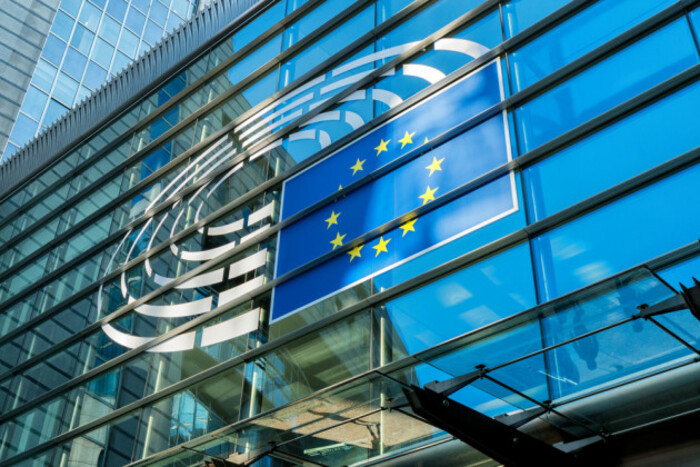Incoming rules will urge Ireland to screen foreign investment for possible security risks
The EU regulation is being passed among a climate of concern around Chinese influence.
NEWLY PROPOSED EU rules will urge Ireland and other member states to be more proactive in screening investments by foreign firms for any security or public order risks.
Last week, the European Parliament overwhelmingly voted in favour of new rules around foreign direct investment (FDI) into the bloc, stating there was a need for deals to be “vetted to limit any possible danger to the EU’s strategic interests”.
Following the vote, the European Parliament referenced a number of countries that have some kind of FDI screening process, but Ireland was not among them.
“Under the regulation, it remains a matter for each member state to determine if it wishes to introduce a formal screening mechanism and how it would wish to implement any such screening,” a spokesperson for the Department of Business, Enterprise and Innovation told Fora.
Ireland relies heavily on foreign direct investment, especially in the tech sector. IDA Ireland, the government agency responsible for attracting FDI to the country, has been ramping up its operations in several global locations to meet prospective clients.
The fresh set of regulations are intended to address any effects that an investment from a non-EU firm into a member state may have across borders and in other European countries.
The measures will allow for members to exchange data about investments to improve understanding of deals and possible security risks, as well as raise concerns with one another or with the European Commission.
Investments in several sectors including energy, health, finance and communications and the new burgeoning fields of artificial intelligence and robotics were cited as key industries to monitor.
The European Commission will be able to issue opinions on deals, but each member state will have the final say.
A spokesperson for Franck Proust, the French MEP that led the devising of the rules, said that an opinion from the commission will still carry a lot of influence.
“If you receive an opinion from the European Commission, and especially if it’s regarding EU projects and programmes, you will need, as a member state, to reply to that and to explain why you are not following the advice of the commission,” he said.

The file will go to the European Council on 5 March to be formally endorsed, with the regulation due to come into effect by the end of 2020. The lead time allows member states to align their own national legislation with the new regulation.
The Department of Business spokesperson said: “In advance of this formal implementation date, (the) government will consider the Irish position on any national FDI screening mechanism on foot of consideration of the issue by this department.”
Investment risks
The new EU rules have been in gestation since 2017 to provide greater oversight of big deals by foreign investors, often from China, into EU companies and projects.
Rhetoric around Chinese influence in investment deals in the West escalated in 2017 when US president Donald Trump blocked a takeover – led by a Chinese firm – of chip-maker Lattice Semiconductor Corp.
The move was a rare one for a US president to make, but the White House cited national security risks with the “transfer of intellectual property to the foreign acquirer”.
According to international law firm Baker McKenzie, Chinese FDI has declined in recent years, driven in part by screening regulations and simmering trade tensions.
Most infamously of late, Chinese telecommunications giant Huawei has been under great scrutiny by the US and EU over alleged ties to the Chinese government and how its equipment could allegedly be used for spying.
Eir last week stated that it will be continue to use Huawei equipment in its radio network and that it was “very confident” in its security.
On Monday, the UK’s security chiefs deemed that any risk posed by Huawei telecom involvement was manageable. Elsewhere in Europe, the firm has faced questions from authorities with the Czech cyber watchdog issuing a warning against the company.






